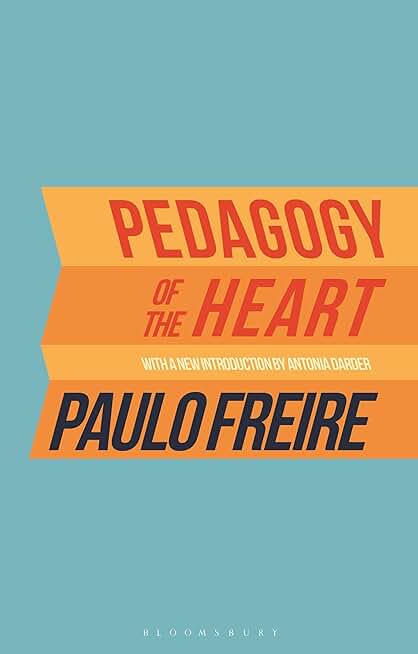
description
esents some of the last writings by Paulo Freire. In this work, perhaps more so than any other, Freire presents a coherent set of principles for education and politics. For those who have read Freire's other works the book includes new discussions of familiar subjects including community, neoliberalism, faith, hope, the oppressed, and exile. For those coming to Freire for the first time, the book will open up new ways of looking at the interrelations of education and political struggle. Freire reveals himself as a radical reformer whose lifelong commitment to the vulnerable, the illiterate and the marginalised has had a profound impact on society and education today. The text includes substantive notes by Ana Maria Araújo Freire, a foreword by Martin Carnoy, a preface by Ladislau Dowbor, as well as a substantive new introduction by Antonia Darder, who holds the Leavey Presidential Endowed Chair in Ethics and Moral Leadership in the School of Education at Loyola Marymount University, USA. Translated by Donaldo Macedo and Alexandre Oliveira.
member goods
No member items were found under this heading.
Return Policy
All sales are final
Shipping
No special shipping considerations available.
Shipping fees determined at checkout.







